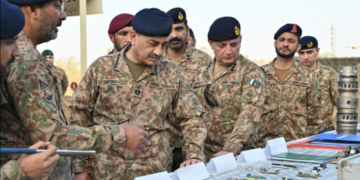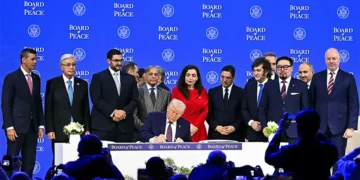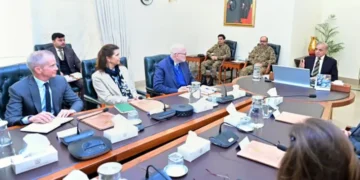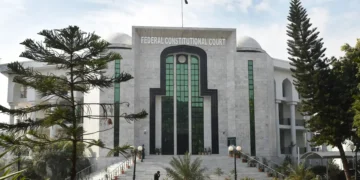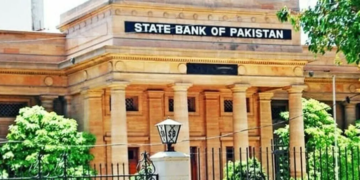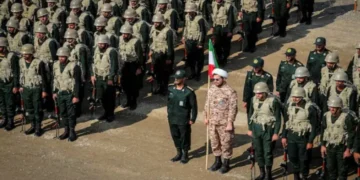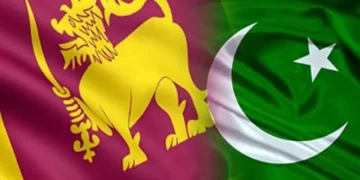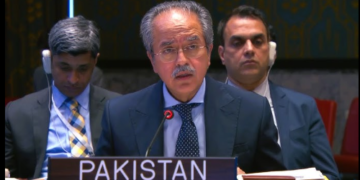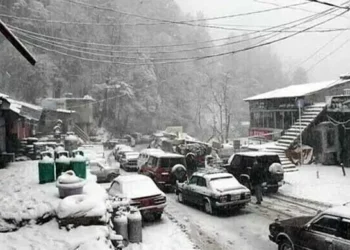Web Desk (MNN); The Inter-Services Public Relations (ISPR) on Tuesday announced that 38 terrorists were killed in four intelligence-based operations conducted over three days in Khyber Pakhtunkhwa.
According to the military’s media wing, the operations took place from November 15 to 16 and targeted militants identified as members of the Indian proxy outfit Fitna al Khawarij — a term used by the state for terrorists belonging to the banned Tehreek-i-Taliban Pakistan (TTP).
The first operation was carried out in the Kulachi area of Dera Ismail Khan, where security forces engaged the terrorists’ hideout, killing ten militants, including Kharji commander Alam Mehsud.
A second operation in Datta Khel, North Waziristan, resulted in the killing of five more terrorists.
In a separate statement, the ISPR reported that two additional IBOs were con-ducted between November 16 and 17 in Bajaur and Bannu districts, eliminating 11 and 12 terrorists, respectively. The Bajaur operation also led to the killing of Sajjad alias Abuzar, identified as a key ringleader.
The ISPR said that sanitisation efforts were underway to clear the areas of any remaining “Indian-sponsored” militants. It reaffirmed that the ongoing counter-terrorism drive by security forces and law enforcement agencies would persist until the threat of foreign-backed terrorism was fully eradicated.
President Asif Ali Zardari commended the security forces for their successful ac-tions, saying that the elimination of the terrorist commander was the result of a sound national security strategy. He added that political attempts to undermine the collective resolve against terrorism would not be tolerated.
Prime Minister Shehbaz Sharif also praised the forces, stating that under the vi-sion of Azm-i-Istehkam, significant progress was being achieved against terrorism. He reiterated the government’s determination to root out all forms of militancy.
The latest operations come after the ISPR confirmed last week that at least 24 militants were killed in three separate engagements in KP and Balochistan.
Pakistan has seen a sharp rise in terror attacks, particularly in KP and Balochistan, following the TTP’s decision in November 2022 to end its ceasefire and resume attacks against security forces, police, and law enforcement personnel.
The Centre for Research and Security Studies (CRSS), an Islamabad-based think tank, recently reported that violence has escalated over the past three months due to a surge in militant attacks and stepped-up counter-terrorism operations.





